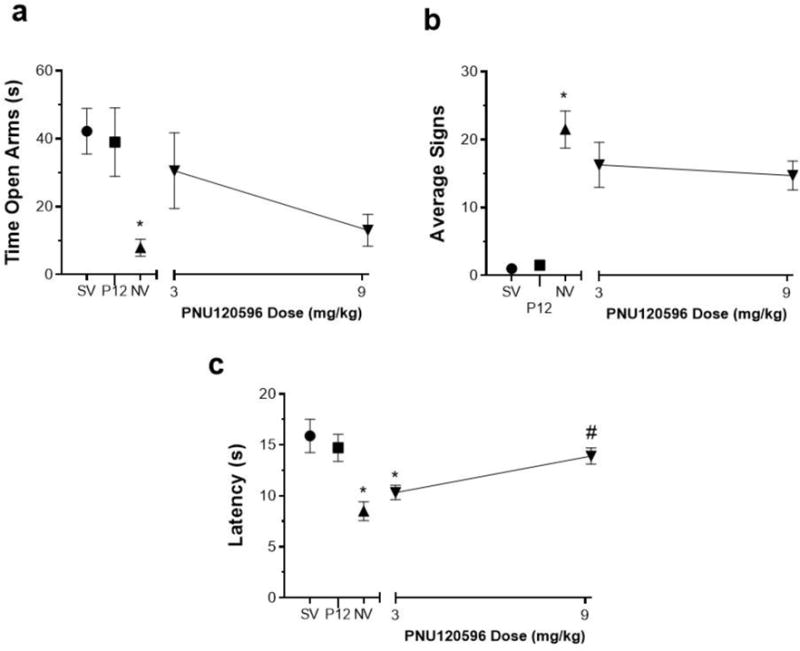Fig 3. Effects of Type II PAM PNU120596 on Physical and Affective Signs of Precipitated Nicotine Withdrawal.

Mice were chronically infused with saline or nicotine (24 mg/kg/day) for 14 days. On day 15 mice received i.p. injection of PNU120596 (3 and 9 mg/kg) or vehicle. Mice then were administered mecamylamine (2mg/kg; s.c.) 10 min prior to behavioral assessment of A) anxiety-like behaviors (Time spent in the open arm), B) somatic signs, and C) hyperalgesia (hot plate latency). Nicotine induced withdrawal symptoms: increased anxiety related behavior and somatic signs, but decreased hot plate latency. Compared to vehicle, pretreatment with PNU120596: A) had no effect anxiety-like behavior; B) had no effect on somatic signs; and C) but significantly increased hot plate latency at 9mg/kg in nicotine withdrawn mice. Each point represents the mean ± S.E.M. of n=6–8 mice per group. *Denotes p< 0.05 vs. Saline minipump group, # Denotes p< 0.05 vs. Nicotine minipump group. (MP) minipump. SV = Saline minipump/vehicle treatment; NV = Nicotine minipump/vehicle treatment; P12 = PNU120596 at 9 mg/kg
